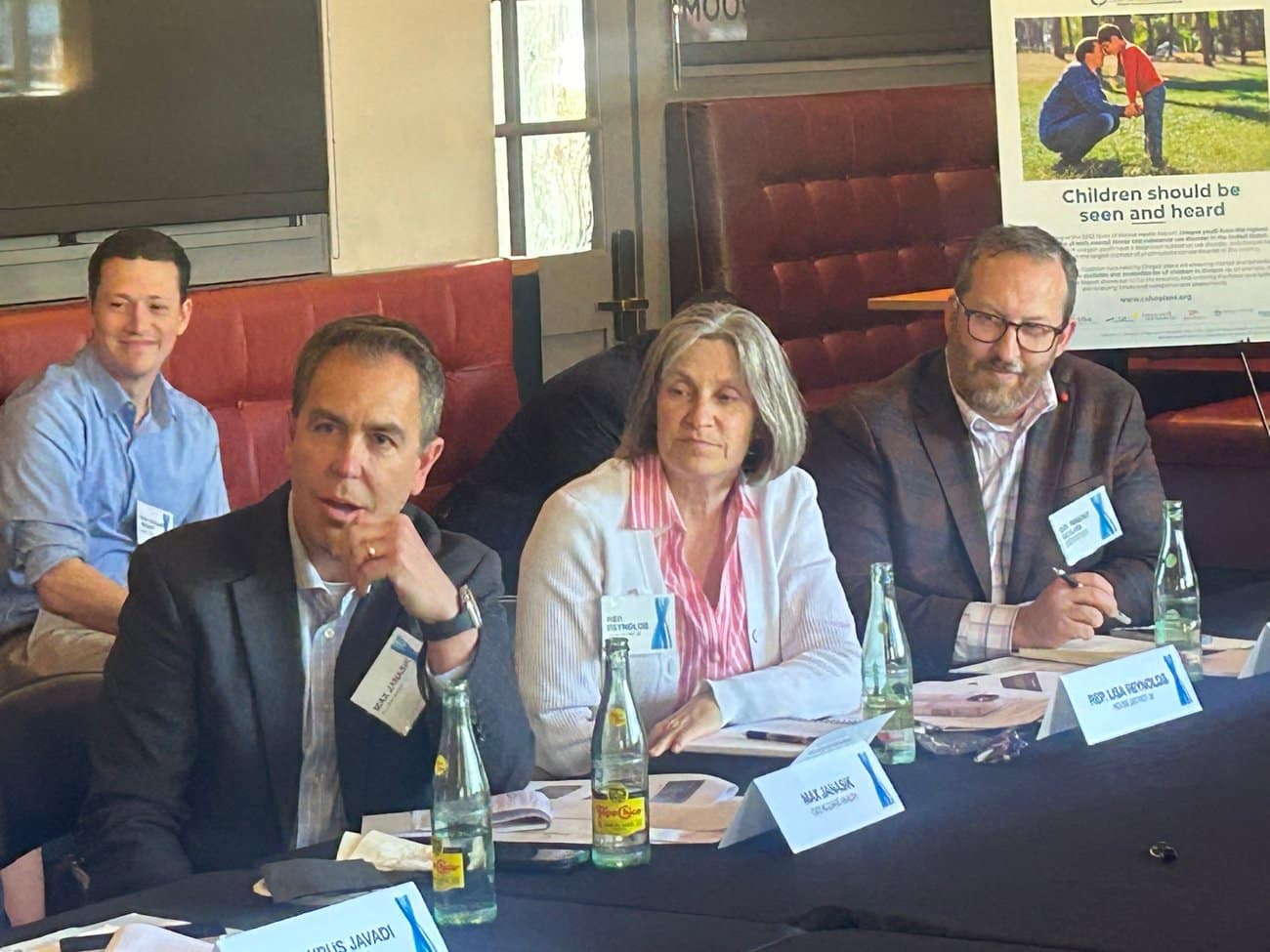COHO Roundtable Gathers Health Leaders to Discuss Coordinated Care Model
With potential new legislation on the horizon in 2025, Coalition for a Healthy Oregon (COHO) hosted a roundtable on April 23 with state lawmakers and former Gov. John Kitzhaber to discuss improvements to the state’s coordinated care model and ensure organizations will continue to meet health care needs in their communities.

Seamus McCarthy, CEO of Yamhill Community Care, one of seven coordinated care organizations (CCOs) that make up COHO, introduced the meeting and highlighted major achievements since Oregon transformed its Medicaid program in 2012. These include:
- Covering more than 1.4 million Oregonians, or 1 out of every 3 residents statewide.
- Lowering the rate of cost growth to 3.4%, two percentage points below medical inflation of 5.4%.
- Saving state and federal governments more than $6 billion.
- Investing more than $271 million in social determinants of health between 2020-22.
The roundtable was meant to identify challenges and solutions for Oregon’s community-based CCOs, such as the need for more flexible spending, creating long-term contractual stability, and better addressing behavioral health, housing, and homelessness services.
Reassessing the vision
Kitzhaber, who as governor oversaw the creation of the coordinated care model in 2012, called for a reassessment of its vision to “ensure it aligns with evolving health care goals.” He suggested a framework for future discussions that “prioritizes community-focused health care with a single point of accountability.”

A central question for CCOs, Kitzhaber said, is how to balance flexibility for organizations trying to meet their communities’ unique health care needs with the equally important need for proper oversight and accountability.
Greater flexibility
CCO leaders called for greater flexibility in spending to address their local health care needs, without being limited strictly to medical services with billing codes. Doing so, they said, would allow for more investments in programs that benefit health equity and health outcomes outside of clinic walls — things like emergency shelters, housing, and street outreach for vulnerable groups.
The discussion delved deeper into the importance of these “social determinants of health,” and the role CCOs should play working with community partners. One of the questions posed by Kitzhaber was focused on creating an environment that “encourages, incentivizes, and rewards stable local relationships and long-term community upstream investments in social determinants of health,” and what that might look like in the next CCO contract procurement.
Behavioral health, housing, and homelessness
There was a strong call for more investments in behavioral health resources to improve overall health outcomes. Ideas included potentially offering scholarships, leveraging federal funds, and partnering with local schools to boost the behavioral health workforce.
Housing and homelessness were also acknowledged as having a severe impact on health. In order to address this, a task force convened by leaders representing CCOs, counties, and other health systems partners will focus on coordinating health services with housing and homelessness initiatives.

Contract Stability
Roundtable participants agreed that longer contracts for CCOs are a way to create more long-term stability and sustained investments. There was broad agreement among the group that five years between procurement is too short, and CCOs need more time to forge lasting partnerships with care providers and address their communities’ most pressing health needs. One suggestion called for a contract term of 10 years, with a mid-term review to maintain accountability.
Amid potential reforms, the participants agreed to continue collaborating. They also announced the rollout of a CCO work group, spearheaded by Rep. Rob Nosse (D-Portland) and supported by legislative staff, that will work to address key health policy issues ahead of the 2025 legislative session.


